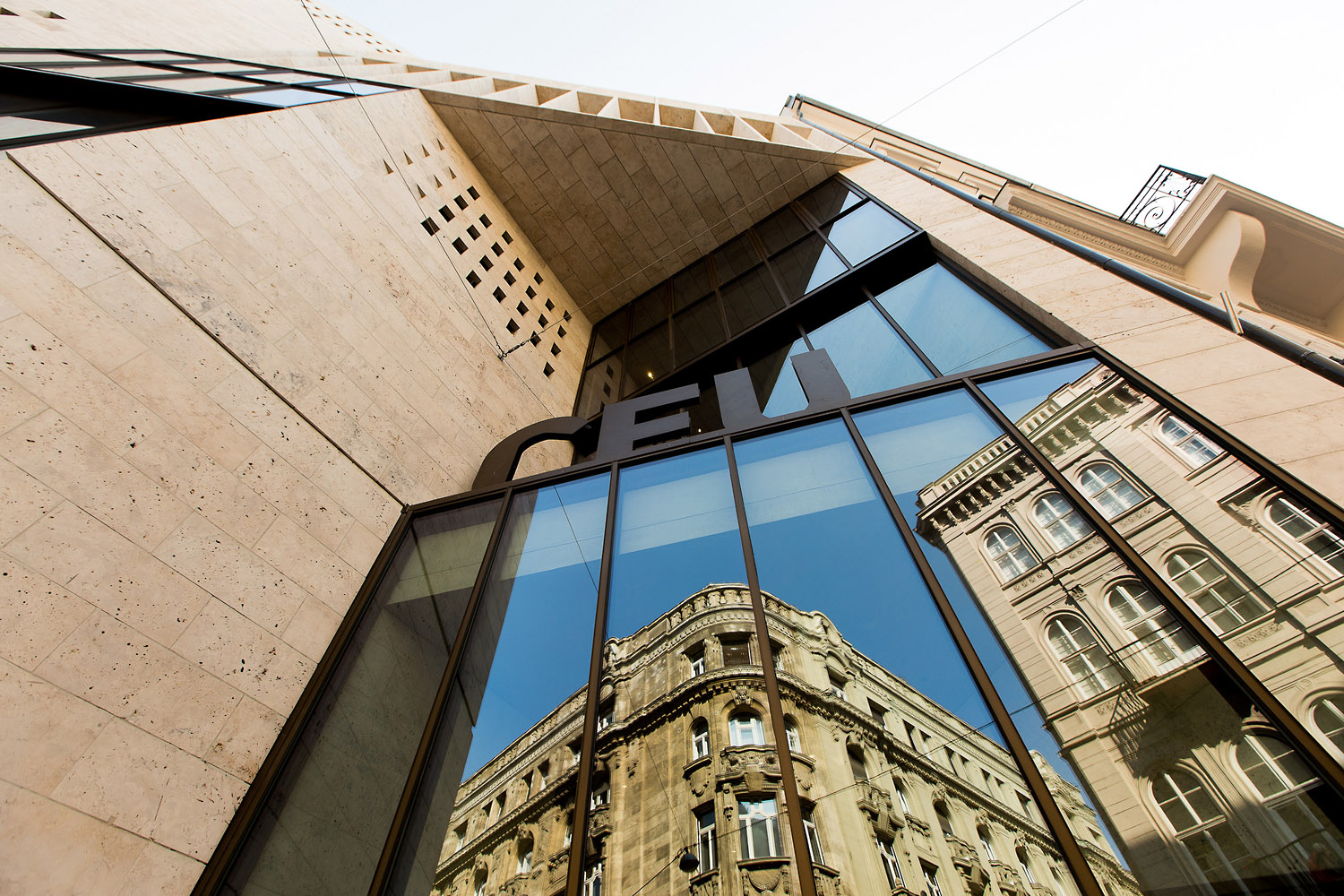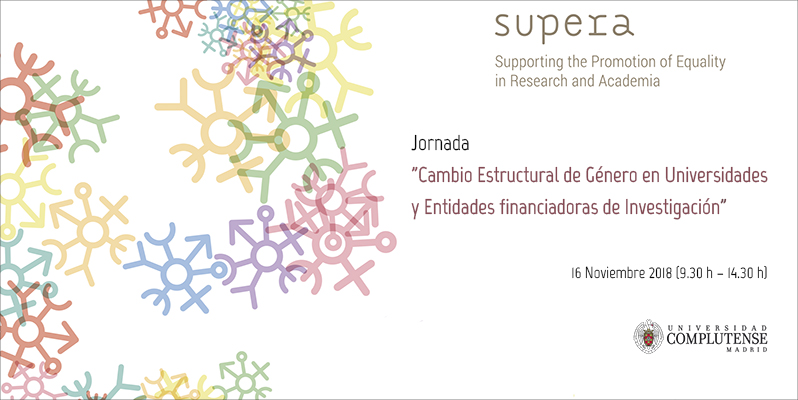Daily work during the COVID-19 crisis: the experience of UCM SUPERA team
By Paula de Dios Ruiz, Complutense University of Madrid
In Madrid, in-person classes at universities and all educational levels were cancelled last 11th of March. Just three days after, the Spanish government declared the Alarm state and a set a range of measures to ensure social distance, limit people movements and thus try to contain the epidemic. Today, after 5 weeks of lockdown, the situation is not only unexpected but also very critical and frightful. In Madrid, there are more than 50.000 people infected by the Covid-19 and 7.200 people deceased since the beginning of the crisis.
During the first days, it was not easy to work or to be concentrated in any activity rather than listening, reading news or discussing about the situation. After a week, we were starting to understand that the situation was going to take longer than just a few days and we decided to start thinking on how to move forward. Firstly, we had a virtual meeting with the UCM Core Team, having an enriching brainstorming session on how to continue working in these conditions. We decided to move ahead with SUPERA activities adapting them to a virtual space and see how it worked.
Just a week after, we conducted three virtual workshops aimed at students, continuing with our participatory diagnosis. All of them with a high participation level and showing that virtual sessions have limitations due to the lack of face to face contact, but also have a lot of potentialities. After conducting virtual and in-person workshops about sexual and sexist harassment, my personal opinion is that students seem to feel more confident to give their opinion, to participate and to share their personal experiences on virtual discussions than in presence sessions, besides I’ve personally found it easier to pass the ice-breaking moment than I usually do in face to face workshops.
On April 2nd, we convened an online meeting with the Gender Equality Nodes Network. It was the meeting with the major number of participants (26 in total) since the beginning of the SUPERA project. The Core Team exposed and described their experiences with the online workshops conducted and invited the Nodes to continue with foreseen workshops through online sessions. The GE Nodes were enthusiastic with the proposal of virtual workshops.
However, I would like to tell you the real significant story about this online meeting. During the meeting and afterwards several Nodes highlighted and appreciated the importance for them of having this online meeting because they enjoyed the exchange and it made them feel good during these difficult days.
When we sent the email to convene the meeting, we received several responses explaining that due to care responsibilities some of them could have problems to follow it. Our answer was that we completely understood these situations and If they wanted they could just be connected to listen, without feeling the pressure to answer or actively participate. When the meeting started several cameras were off, however during the meeting we started to switch on our cameras. Suddenly, we realised that there were a lot of children around us, with care demands and willing to see the screens. Despite children around, it was a very fruitful, effective, professional and motivating meeting, with interesting exchanges and a very warm tone. In my personal opinion, this process of turning on our cameras was possible because the GE Nodes Network is based upon feminist principles and we all understand that care responsibilities must be a priority of our societies. However, we must discuss and analyse in how many meetings we are allowed or we feel secure sharing that we are in charge of babies, without feeling the fear of being negatively judged, discriminated or not convened for the next meeting or the next promotion.
In Spain, these situations of participating in virtual work meetings having your children around are raising a lot of discussions about difficulties for balancing work and family responsibilities. Assuming that we are not teleworking in an ideal situation and we are only trying to do it, because we are living a very exceptional health emergency, with care responsibilities twenty-four/seven at home and remotely with our elderly family members, plus dealing with the psychological effects of this crisis. Despite this exceptional situation, this crisis is showing the potentialities of teleworking in our country, where we have only a 4,3% of workers that “usually” work from home, which is a very low percentage, compared with the 14% of The Netherlands or the 13,3% of Finland (Eurostat).
Without doubts, at the UCM this crisis is unveiling a lot of tasks that can be done remotely and the possibilities of flexible working schedules, therefore we can expect discussions about these topics after the crisis. However, we also must ensure that a gender perspective analysis is included among those new opportunities and we must analyse as well the hidden potential risks of teleworking or flexible schedules for women in our university’s community. For instance, the lack of visibility of women efforts, low professional recognition for women, doubles or triple work shifts, the mental workload, and other factors that can affect negatively women career paths…
Those will not be the only challenges emerging after this crisis. In Madrid, we cannot even imagine what will happen after the lockdown. However, we all know that after the crisis someone will state that “now” gender is not a priority because there are more relevant issues to address. Therefore, the only sure prediction I can do for the day after the crisis is that the SUPERA Team will continue working to ensure that gender perspective is on the table and providing our analytical, innovative, creative and feminist solutions to overcome the post-Covid challenges.




